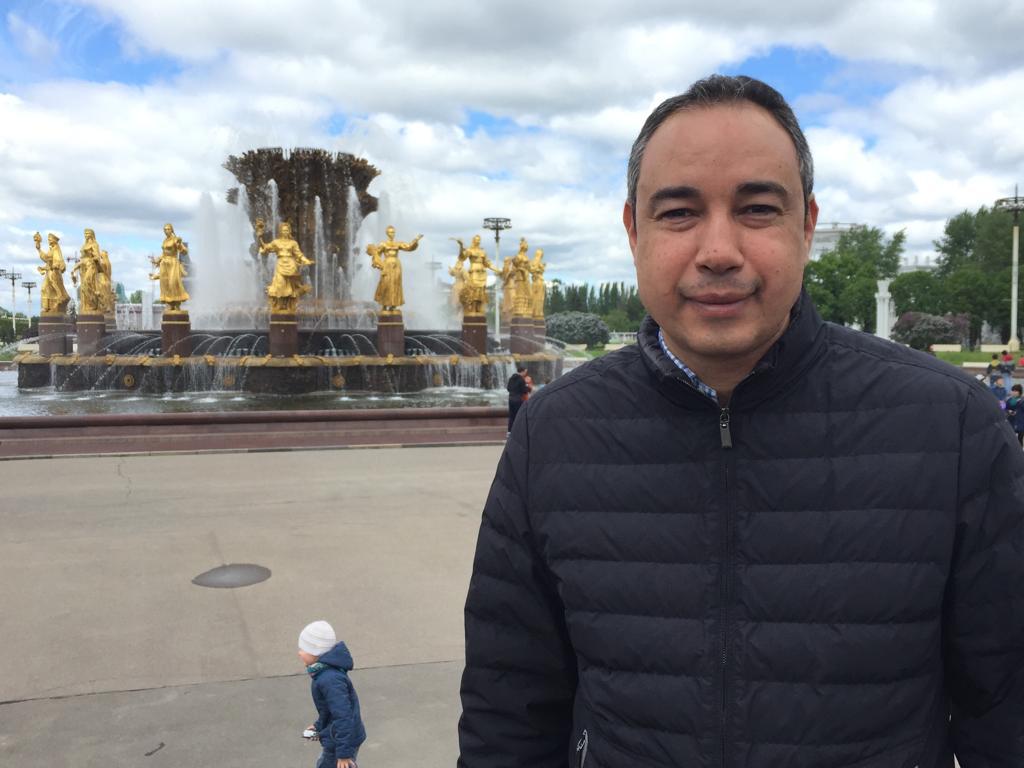كلما عاد السجال عن الحدود الفاصلة بين الصحافة والنضال إلى دائرة الأضواء، طفا على السطح طرحان متباينان حدّ التنافر، يؤشران على صعوبة الجزم بوجاهة أحدهما أو غلبته على الآخر.
ولئن ذهب البعض إلى أن مهمة الصحفي الأصيلة تُختزل ضرورةً في البحث عن الخبر ونقله إلى الناس يتداولونه فيما بينهم، ويستقرون على رأي بشأنه بمعزل عن أي تأثيرات خارجية، يرى البعض الآخر أن الصحفي لا يمكن أن يضع مسافة بينه وبين الشأن العام، ولا يسعه الخوضُ في قضايا تهمّ عموم الناس دون أن يكون له نصيب في النقاش الدائر بشأنها، يؤثر فيه بقدر ما يتأثر به.
هي إذن حدود مبهمة، ملتبسة، وقد تكون مضللة، ولا أحسب أن الجدال بخصوصها حُسم لهذا الطرف أو ذاك.
فالصحفي من موقعه كمراقب لبيئته الاجتماعية والسياسية والثقافية مطالَب بتعرية الواقع، وفضح الاختلالات، والتنبيه إلى النواقص، وهذه مهام تتماهى قطعا -وفي مستويات عدة- مع مفهوم الالتزام. وفي الطرف الآخر ثمة صنف من الإعلام اختار التواطؤ والتضليل وتجميل الواقع القبيح.
وبهذا المعنى، فإن الصحافة نوع من النضال والالتزام، كما عرفه الفيلسوف الفرنسي صاحب مفهوم الوجودية جون بول سارتر في بسطه لمفهوم الكاتب أو المثقف الملتزم الذي يجد نفسه في مواجهة دائمة مع السلطة.
وقد أسوق في هذا الباب نموذج مخرج الأفلام الوثائقية الأميركي مايكل مور صاحب الرؤية النقدية اللاذعة للسياسات الأميركية، والذي جعل من أفلامه التسجيلية منصة للتعبير عن مواقفه من قضايا العولمة وحرب العراق والليبرالية المتوحشة ومثيلاتها.
وسط كل هذا، أين يقع مفهوم الحياد؟ وكيف نحافظ على الموضوعية؟
لا ريب أننا حيال حقل ألغام يصعب تلمس السبيل في دروبه، فالمنافحون عن حياد الصحفي وحصر دوره في نقل الوقائع والتثبت من صدقية الأخبار، يرون أن الموضوعية والنضال ضدان لا يلتقيان. والرأي عندهم أن السعي وراء الحقيقة ونقلها إلى الرأي العام يشكل في حد ذاته نضالا لا يقل نبلا ولا سموا عن بقية أشكال النضال.
يتعلق الأمر هنا بحرص واضح على الدفاع عن المهنة، وعدم الزج بالصحافة في متاهة الأجندات السياسية، والنأي بها عن المواجهات الأيدولوجية أو الاشتباكات الفكرية.
لم يجد هذا النقاش -على أهميته وراهنيته- سبيله إلى العالم العربي إلا في وقت متأخر، وتحديدا مع التحولات العميقة التي أحدثتها موجات الاحتجاجات الشعبية التي اصطلح على تسميتها باسم "الربيع العربي".
في لجة هذه التحولات، لم يعد ممكنا التذرع بالحياد أو التدثر برداء الموضوعية، وكان لزاما على الصحفيين -وقد باتوا في صلب هذه الأحداث- الاصطفاف إلى جانب ما يرونه تطلعات شعبية مشروعة نحو التغيير والديمقراطية.
فالصحافة في العالم العربي لم تكن يوما حرة، ولا مستقلة أو محايدة. كما لم ترق في يوم من الأيام إلى مرتبة السلطة الرابعة مثلما فعلت نظيراتها في مجتمعات أخرى وجدت سبيلها مبكرا إلى الديمقراطية وحرية التعبير، وجعلت من الصحافة سلطة معنوية بالمعنى الأخلاقي.
وكان بديهيا أن تختار الصحافة العربية -بعضها لا كلها- الانحياز إلى الشعوب، وتتحول إلى منبر ينقل تطلعاتها.
ومن هذا المنطلق، صار الصحفي طرفا في المواجهة، حيث اختار دورا وموقعا فيها عن وعي مسبق وإدراك جلي لطبيعة هذا الدور وتبعاته كذلك.
كما أن فعل التجريف السياسي الذي انتهجته الأنظمة العربية على مدى عقود من تدجين النخب وتبخيس الفعل السياسي، جعل الصحافة في مواجهة مباشرة مع الأنظمة، فتحولت -مثلما هو الحال في مصر وتونس والمغرب- إلى قوى تجسد دور المعارضة دون أن تمتلك فعليا الأدوات التنظيمية ولا المؤسساتية للقيام بهذا الدور.
وإذ يصعب التوفيق بين مختلف هذه التصورات أو الانتصار لبعضها على حساب البعض الآخر، بما فيها تلك التي تدفع باتجاه تبني القضايا العادلة تحريريا دون اتخاذ موقف منها، انضاف إلى المشهد عنصر جديد حمل قدرا من التشويش والتشويق أيضا لهذا النقاش.
ففي عالم باتت فيه المعلومة متاحة على نحو غير مسبوق بفضل كثافة استعمال وسائل التواصل الاجتماعي، ازدادت الحدود بين الصحافة والنضال التباسا، فانزلقت إلى رقعة رمادية!!
وفي مقابل تراجع الإقبال على الصحافة التقليدية، تعاظم استهلاك ما تتيحه مواقع الإنترنت ووسائل التواصل الاجتماعي من مواد وأخبار، وأفرز هذا الواقع الجديد ما بات يعرف باسم "المواطن الصحفي".
وتأسيسا على ما سلف، يجوز التساؤل: هل ثمة تعارض بين أن يكون المرء صحفيا يلاحق الخبر ويبحث عن الحقيقة، وأن يكون مناضلا يتحمس لقناعاته وللقضايا العادلة؟
أسوق مرة أخرى نموذجا أراه معبرا عن هذه الحالة أكثر من غيره. الصحفي في جريدة "الغارديان" البريطانية غرين غرينوالد كان أول من فتح صفحات الجريدة أمام موظف وكالة الأمن القومي الأميركي إدوارد سنودن لفضح برامج التجسس في الولايات المتحدة. وقد كان لهذا السبق الصحفي أثره العميق عليه، إذ جعل منه واحدا من أشد المدافعين عن الحريات المدنية واحترام خصوصية الأفراد. وهذا الالتزام في بعده الأخلاقي، لا ينزع عنه أبدا صفة الصحفي.
ثمة مسألة غابت أو غُيبت عن هذا النقاش، إذ ينسى من يثير مثل هذه الأسئلة -وهي وجيهة على كل حال- أن الصحفي في نهاية المطاف جزء من المجتمع يتفاعل مع قضاياه ويتألم لهمومه ويشاركه تطلعاته، ومن غير المنصف تجريده من إنسانيته بحجة الدفاع عن الحياد والموضوعية والاستقلالية، خاصة أنها جميعها مفاهيم تكاد تكون هلامية ومغرقة في النسبية إلى أبعد الحدود.




















![Palestinian journalists attempt to connect to the internet using their phones in Rafah on the southern Gaza Strip. [Said Khatib/AFP]](/sites/default/files/ajr/2025/34962UB-highres-1705225575%20Large.jpeg)




















